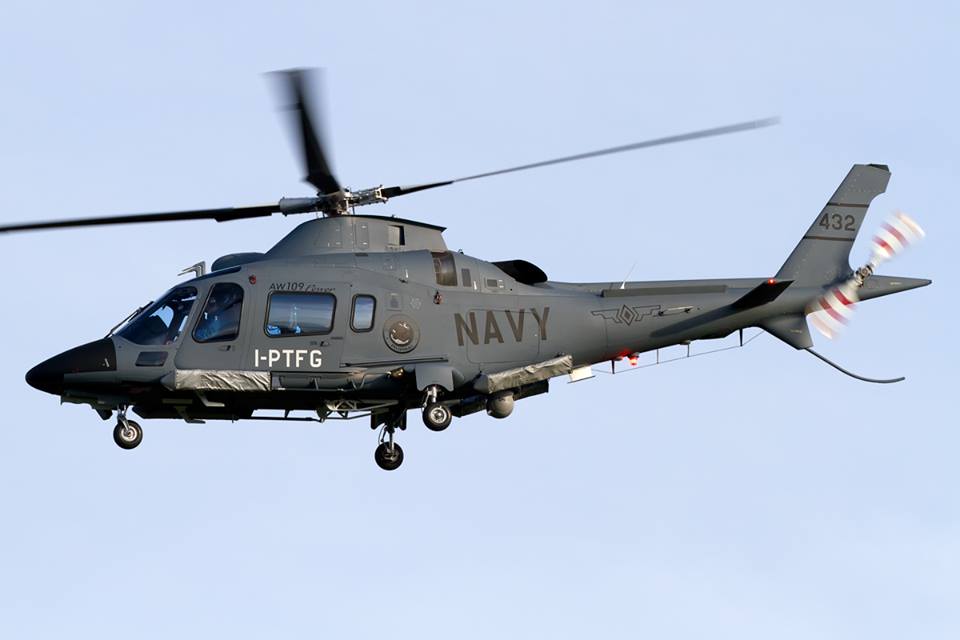
MANILA, April 20—The attack version of the AgustaWestland AW-109 “Power” helicopter is now becoming a reliable ground support aircraft for the military engaged in flushing out Abu Sayyaf Group (ASG) bandits and other lawless elements.
On April 11, Philippine Air Force attack (PAF) AW-109s provided covering fire for troops engaged with the band of ASG sub-leader Muanmar Askali alias “Abu Rami” invaded Sitio Ilaya, Barangay Napo, in Inabanga, Bohol.
In the said operation, the AW-109s conducted several airstrikes, demoralizing the bandits who were then forced to retreat from their enclaves leaving four of their members, including Askali, along with four high-powered firearms.
The attack versions of the AW-109s was also used in the series of airstrikes against the Maute Group in Lanao Del Sur early this year, causing severe casualties among the brigands.
The aircraft was also utilized in maritime patrols off Basilan, Sulu and Tawi-Tawi waters, foiling several ASG piracy attacks in the past months.
The first two PAF attack AW-109s were commissioned on Aug. 17, 2015 while the remaining six were formally accepted for PAF service on Dec. 5 of the same year.
The Philippines signed an eight-unit attack AW-109E order with AgustaWestland in 2013 for PHP3. 44 billion.
The eight attack AW-109es will remedy the dwindling number of MG-520 attack helicopters primarily used for close-air support missions.
Two attack models are also being operated by the Philippine Navy aside from the three units dedicated for utility and recon purposes.
The naval AW-109s were delivered in 2013 and 2015 and is worth PHP3.4 billion.
The AW-109 “Power” is a three-ton class eight seat helicopter powered by two Pratt and Whitney PW206C engines.
The spacious cabin is designed to be fitted with a number of modular equipment packages for quick and easy conversion between roles.
The aircraft’s safety features include a fully separated fuel system, dual hydraulic boost system, dual electrical systems and redundant lubrication and cooling systems for the main transmission and engines.
The AW-109 has established itself as the world’s best selling light-twin helicopter for maritime missions.
Its superior speed, capacity and productivity combined with reliability and ease of maintenance make it the most cost effective maritime helicopter in its class.
For shipboard operations the aircraft has a reinforced-wheeled landing gear and deck mooring points as well as extensive corrosion protection measures.
The ability to operate from small ships in high seas state enables the AW-109 to perform its mission when many other helicopters would be confined to the ship’s hangar.
Over 550 AW-109 “Power” and AW-109 light utility helicopters have been ordered for commercial, parapublic and military applications by customers in almost 50 countries.